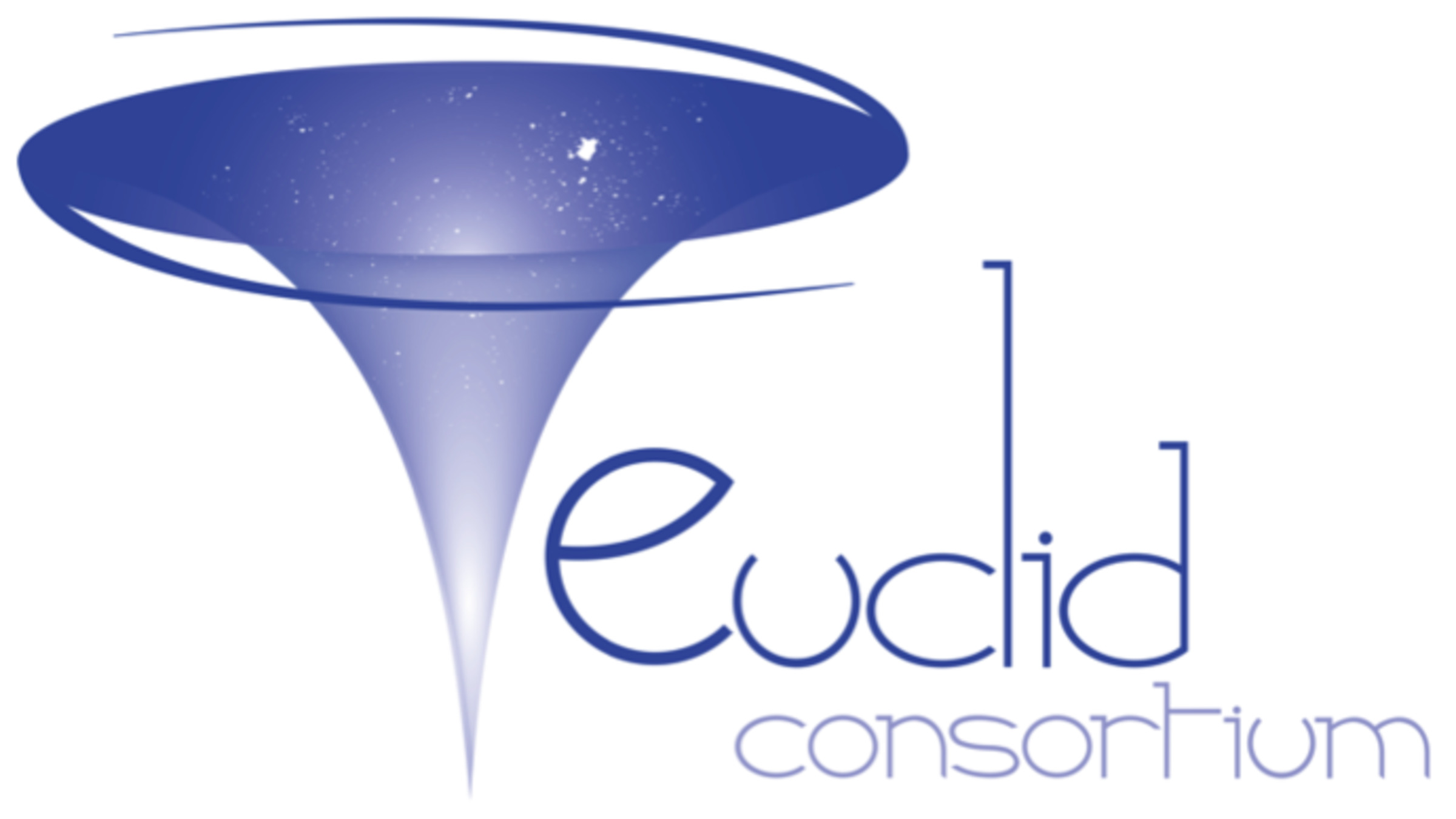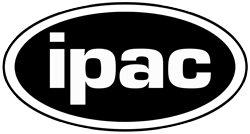
Over Eighty U.S. Scientists and Engineers Have Joined the Euclid Consortium
October 11th, 2017

Euclid is a European Space Agency (ESA) M-class mission to study the geometry and nature of the dark Universe. The mission is the second medium-class mission (M2) in the Cosmic Vision program (2015-2025). Euclid was adopted by ESA's Science Program Committee (SPC) in June 2012, and is slated for launch in 2020.
In January 2013 NASA joined the mission. NASA will contribute 16 state-of-the-art infrared detectors and four spare detectors for one of two science instruments planned for Euclid. In addition, NASA nominated three U.S. science teams totaling 40 new members for the Euclid Consortium. This was in addition to 14 U.S. scientists already supporting the mission. NASA has established the Euclid NASA Science Center at IPAC (ENSCI) in order to support US-based investigations using Euclid data. Since then, new U.S. members have been added to the Euclid Consortium due to their exceptional contributions.
The Euclid Consortium is an international body of more than 1,000 members who will oversee development of the instruments, manage science operations and analyze data. To date, 83 US scientists and engineers have become members of the Euclid Consortium.
Click here for more information on the U.S. participation in Euclid.
